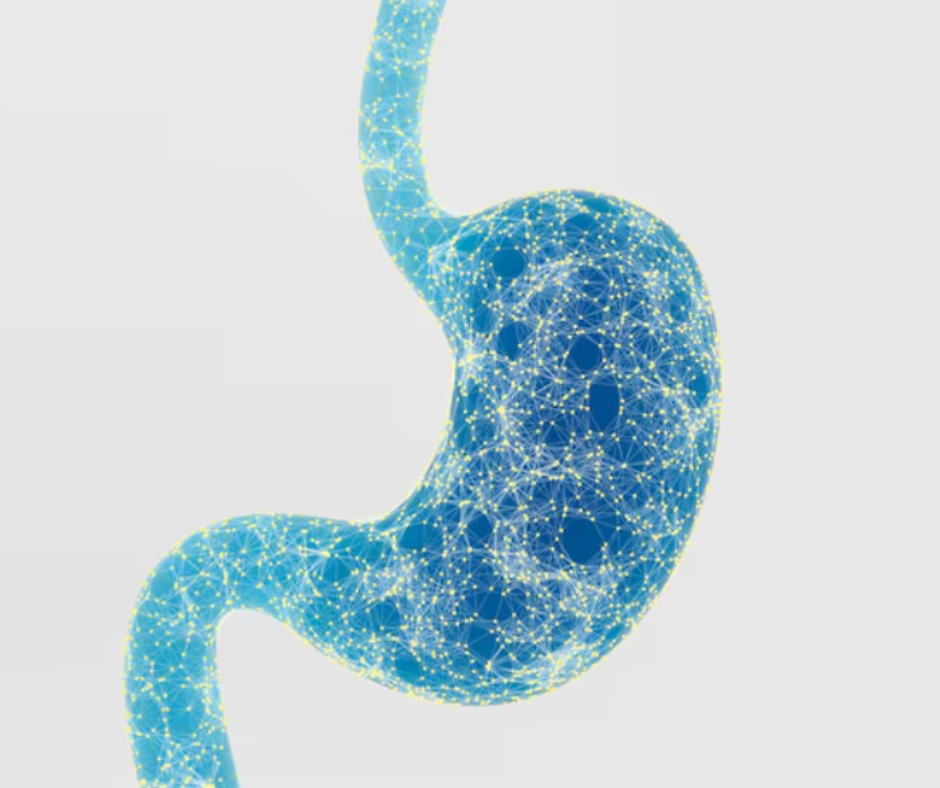When Do You Need to See a Liver Transplant Physician? Early Signs to Watch
- livercarecenter23
- Sep 23, 2025
- 4 min read
Updated: Jan 25

The liver is one of the most vital organs in the human body, responsible for filtering toxins, aiding digestion, and storing nutrients. When the liver starts failing, it can affect every part of your health, often without obvious symptoms until the condition becomes severe. In advanced cases of liver disease, patients may need to consult a liver transplant physician—a specialist who evaluates, manages, and treats individuals requiring liver transplantation.
Knowing when to see a liver transplant physician is critical because early detection and timely intervention can save lives. In this article, we will explore the early signs of liver problems, the role of a liver transplant physician, and how to determine whether you or a loved one may need to seek specialized care.
The Role of a Liver Transplant Physician
A liver transplant physician (also called a hepatologist or transplant hepatologist) is a doctor who:
Diagnoses advanced liver conditions.
Evaluates whether a patient requires a liver transplant.
Prepares patients for the transplant procedure.
Provides post-transplant care and long-term follow-up.
Unlike general physicians, these specialists focus on complex liver diseases such as cirrhosis, liver cancer, and end-stage liver failure. They work closely with transplant surgeons, gastroenterologists, and a multidisciplinary care team to ensure patients receive the best possible outcomes.
Why Timing Matters
Liver failure doesn’t happen overnight—it is usually the result of progressive damage. By the time severe symptoms appear, the condition may already be advanced. Consulting a liver transplant physician at the right time ensures that:
The underlying cause is diagnosed early.
You are put on a transplant evaluation list if needed.
Complications such as infections, bleeding, or encephalopathy (brain dysfunction due to liver disease) can be managed before they worsen.
Early Signs That You May Need to See a Liver Transplant Physician
Here are some warning signals that should never be ignored:
1. Persistent Fatigue and Weakness
If you feel tired even after rest or lack energy for daily activities, it could indicate poor liver function. When the liver struggles to process nutrients and toxins, the whole body feels drained.
2. Jaundice (Yellowing of Skin and Eyes)
One of the most common signs of liver trouble is yellow discoloration of the skin and whites of the eyes. This happens due to a buildup of bilirubin—a pigment normally processed by the liver.
3. Unexplained Weight Loss and Loss of Appetite
Liver dysfunction often suppresses appetite. If you notice rapid weight loss without dieting or a constant loss of interest in food, it’s time to consult a specialist.
4. Abdominal Swelling or Pain
Fluid accumulation in the abdomen (ascites) is a key sign of cirrhosis or liver failure. Patients may also experience bloating, fullness, or discomfort in the upper right side of the abdomen.
5. Swelling in the Legs and Ankles
Poor liver function reduces protein production, causing fluid to leak into tissues and resulting in swollen feet and ankles.
6. Dark Urine and Pale Stools
Changes in urine and stool color can indicate blocked bile ducts or impaired liver function. Dark urine and clay-colored stools are early warning signs.
7. Frequent Itching (Pruritus)
Bile salts that accumulate in the skin due to poor liver drainage can cause uncontrollable itching, which worsens at night.
8. Bleeding and Easy Bruising
The liver produces proteins needed for blood clotting. If you notice frequent nosebleeds, gum bleeding, or unexplained bruises, it may point to impaired liver health.
9. Confusion and Memory Problems
When the liver fails to filter toxins, they can build up in the bloodstream and affect the brain—a condition called hepatic encephalopathy. This can cause confusion, forgetfulness, mood changes, and difficulty concentrating.
10. Chronic Liver Disease Diagnosis
If you have been diagnosed with hepatitis B, hepatitis C, fatty liver disease, or cirrhosis, you should regularly consult a liver transplant physician—even if symptoms seem mild.
Conditions That May Require a Liver Transplant
Certain chronic and severe conditions often lead to the need for liver transplantation, such as:
Cirrhosis (caused by alcohol abuse, hepatitis, or autoimmune disease)
Liver cancer (Hepatocellular carcinoma)
Genetic liver diseases such as Wilson’s disease or hemochromatosis
Biliary atresia (in infants and children)
Severe fatty liver disease (NASH)
If you have been diagnosed with any of these conditions, a transplant physician should be involved in your treatment journey.
The Transplant Evaluation Process
When you consult a liver transplant physician, they will guide you through a structured evaluation, which typically includes:
Comprehensive Medical Tests – blood tests, imaging scans, and endoscopy to assess liver damage.
Assessment of Other Organs – heart, lungs, and kidneys are evaluated to ensure transplant readiness.
Psychological and Lifestyle Evaluation – to determine if the patient can handle post-surgery care.
Listing for Transplant – if necessary, patients are placed on a transplant waiting list based on their MELD (Model for End-stage Liver Disease) score.
Post-Transplant Care and Why It’s Essential
Even after a successful transplant, patients must continue seeing their liver transplant physician for:
Medication management (immunosuppressants to prevent rejection)
Routine blood tests to monitor liver function
Nutritional guidance for a healthy recovery
Preventive care against infections and complications
Skipping follow-ups can result in graft failure or life-threatening complications.
When Should You Seek Immediate Medical Help?
If you or a loved one experiences the following symptoms, you should contact a liver specialist immediately:
Severe abdominal swelling with breathing difficulty
Vomiting blood or passing black stools
Sudden confusion or loss of consciousness
High fever with chills (possible infection)
These are emergency signs of advanced liver failure and require urgent attention.
Conclusion
The liver is resilient, but once it reaches end-stage failure, the only treatment option may be a liver transplant. Recognizing the early signs—such as jaundice, fatigue, swelling, or confusion—and consulting a liver transplant physician at the right time can make all the difference.



Comments